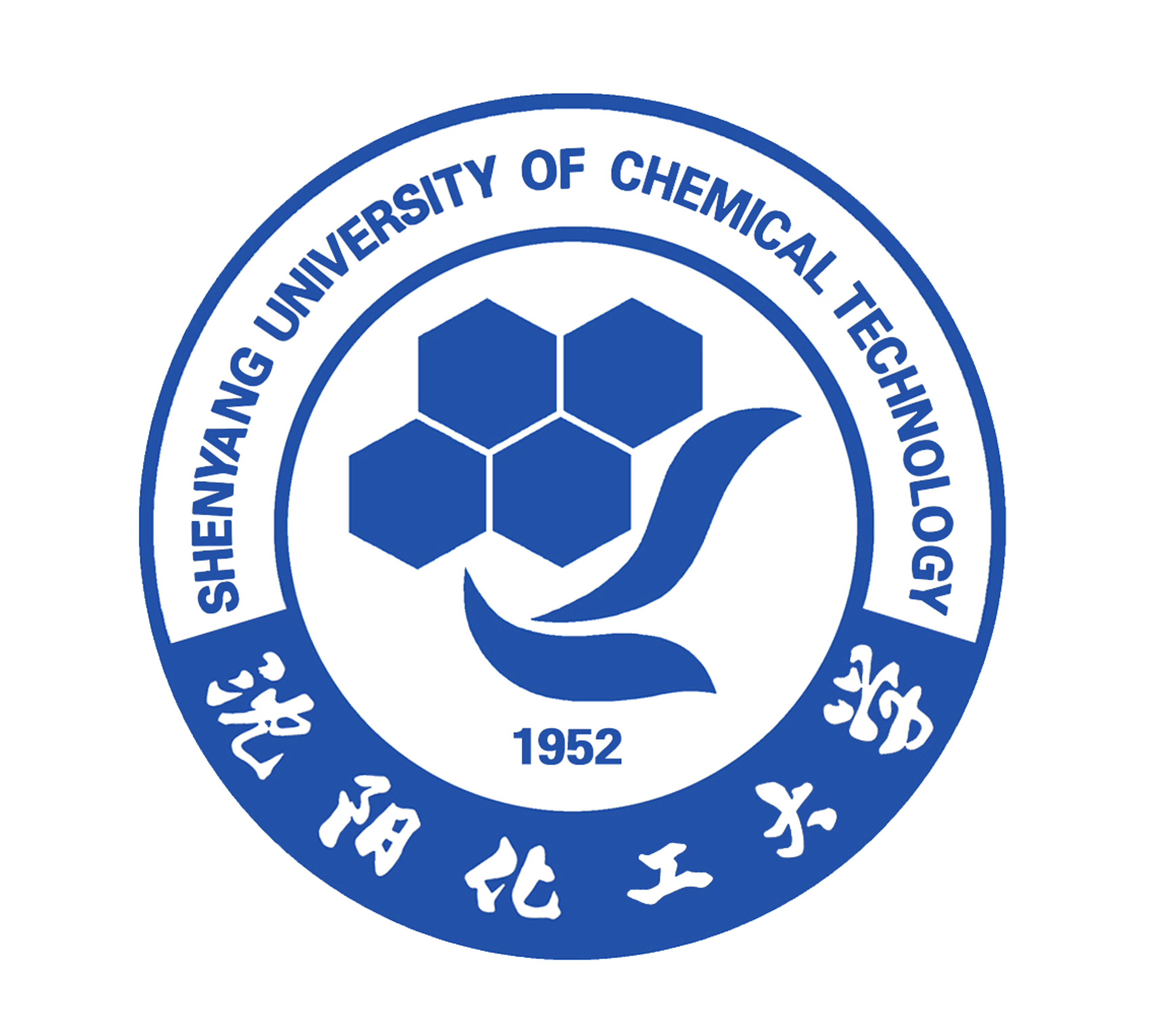Resources Chemicals and Materials
Resources Chemicals and Materials
Resources Chemicals and Materials (RCM) focuses on the creation, production, characterization and economics of materials and chemicals arising during the processing, conversion and utilization of vari...
Resources Chemicals and Materials (RCM) focuses on the creation, production, characterization and economics of materials and chemicals arising during the processing, conversion and utilization of various resources that could be (1) naturally occurring organic, such as fossil fuels, organic wastes and biomass; or inorganic, for example, metallic and non-metallic ores; and (2) a variety of secondary platform intermediates like syngas, methanol, metal oxides and CO2. This is an area of study that is developing rapidly with a growing number of researchers and engineers leading the edge of innovation and swiftly transferring their findings into practical applications with enormous economic and social benefits.
With a rapid cycle from submission to production, RCM provides an open access platform for laboratory scholars, fundamental scientists and technical engineers to share working results, knowledge and engineering experiences. We welcome high-quality submissions featuring fundamental research results and technical developments. We also welcome reviews and research highlights about "hot topics" by leading experts in the related subjects and fields.
In accordance with the types of major resources involved in the creation and production of chemicals and materials, major subject categories include, but are not limited to:
Natural growing materials
Organic fossil resources
Metallic ore resources
Non-metallic inorganic matters
Platform intermediates
Process wastes and residues

Society affiliation
Shenyang University of Chemical Technology (SYUCT), located in Shenyang, the biggest city in Liaoning Province of northeast China, is one of the two Chinese universities with "Chemical Technology" in their names. SYUCT is known for its excellent teaching and research programs, featuring thirteen nationally top-ranked disciplinary majors, four nati...
Shenyang University of Chemical Technology (SYUCT), located in Shenyang, the biggest city in Liaoning Province of northeast China, is one of the two Chinese universities with "Chemical Technology" in their names. SYUCT is known for its excellent teaching and research programs, featuring thirteen nationally top-ranked disciplinary majors, four national educational demnstration centers, and four national technological innovation institutes or centers. Our students come from nearly all provinces in China and many countries worldwide. At the end of 2021, SYUCT has about 14,000 undergraduate students, more than 2000 graduates, and about 400 international undergraduate and master students enrolled in various science and technology programs.
SYUCT, founded in 1952, is one of the earliest universities established by the Chinese government to support the revitalization and development of the chemical industry in the northeastern region of China. The university has been affiliated to the Province of Liaoning since 1998, after having been to the Ministry of Heavy Industry (1952-1958), the Ministry of Chemical Industry (1958-1960), the Chinese Academy of Sciences (1960-1962), and the Ministry of Chemical Industry (1962-1998), in succession. It is one of the earliest universities in China eligible to grant bachelor degrees in chemical engineering and technology. The university offers diverse graduate education programs for master and doctorate students.
In the past 70 years, SYUCT has constantly pursued its education and research of excellence mission, helping China, especially in northeastern China, advance its chemical industry scientifically and technologically. Among numerous achievements, the greatest is our 100,000 graduates cultivated who have made significant contributions to the advancements in the Chinese chemical industry and a wide area of science and technology, not to mention an uncountable number of academic papers, technical reports, patents, and award recognitions. Noticeably, about 1600 of our graduates have held senior executive, management, and technical leadership positions in many public and private Chinese enterprises and governmental agencies.
SYUCT is now one of the 20 first-tier universities of Liaoning Province among more than 100 universities and colleges in the province. Our Chemical Engineering and Technology program ranks in the top 20-30 among about 250 universities offering the same program in China. In recent years, the university has progressed rapidly in both education and scientific research. Within the past five years, SYUCT has been awarded more than 2000 research projects by industries and various governmental research programs, including the National Key Research and Development program, the National Basic Research Program of China (i.e., 973 Program), National High-Tech R&D Program of China (i.e., 863 Program), National Natural Science Foundation of China (NSFC), and many Provincial Scientific and Technical Programs. The cumulative research funds have amounted to 800 million RMB yuan. As part of the measures for these rapid advances, we have thousands of peer-reviewed journal articles published and nearly 1000 patents granted. Some of the patented innovations have been transformed into industrial applications successfully, producing exceptional economic values and social benefits.
SYUCT supports close international collaborations in the long and short terms. We have established long-term partnerships with over 40 universities and research institutes in more than 20 countries, including Western Michigan University (US), the University of Edinburgh and The University of Manchester (UK), Gunma University, and Hirosaki University (Japan), and Gent University (Belgium).
News
We are looking for a co-Editor-in-Chief!
Learn more




